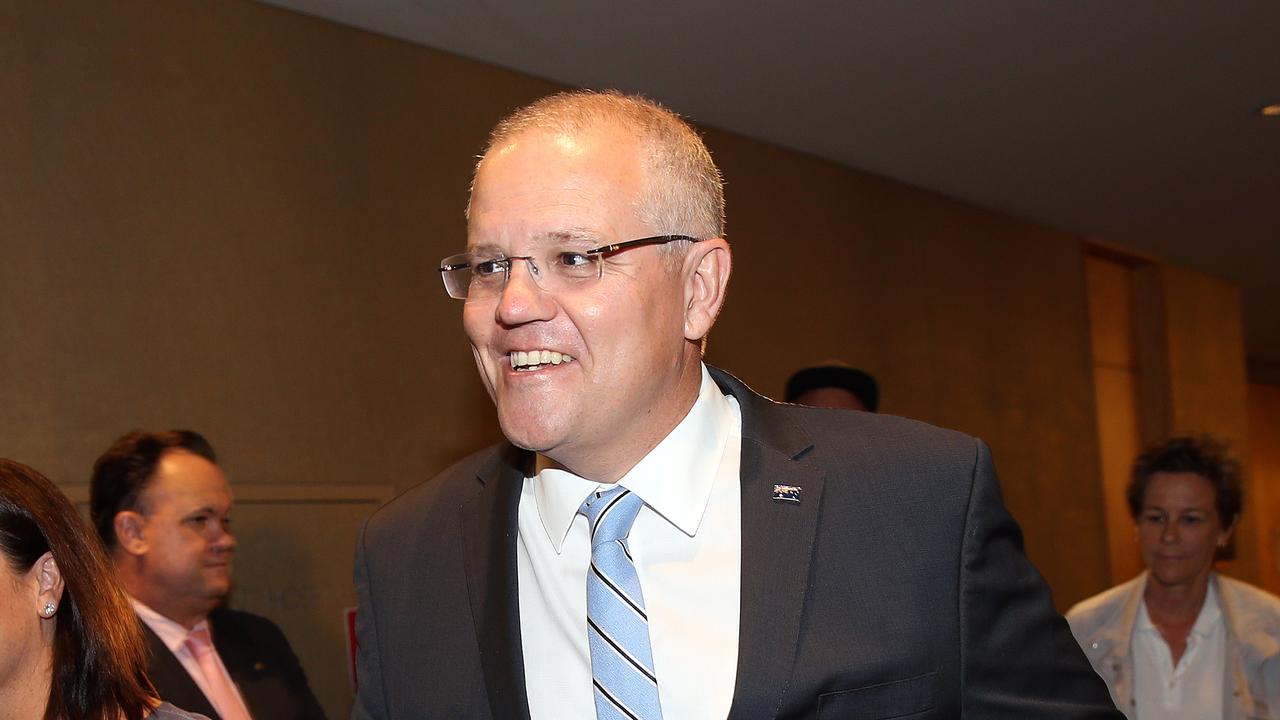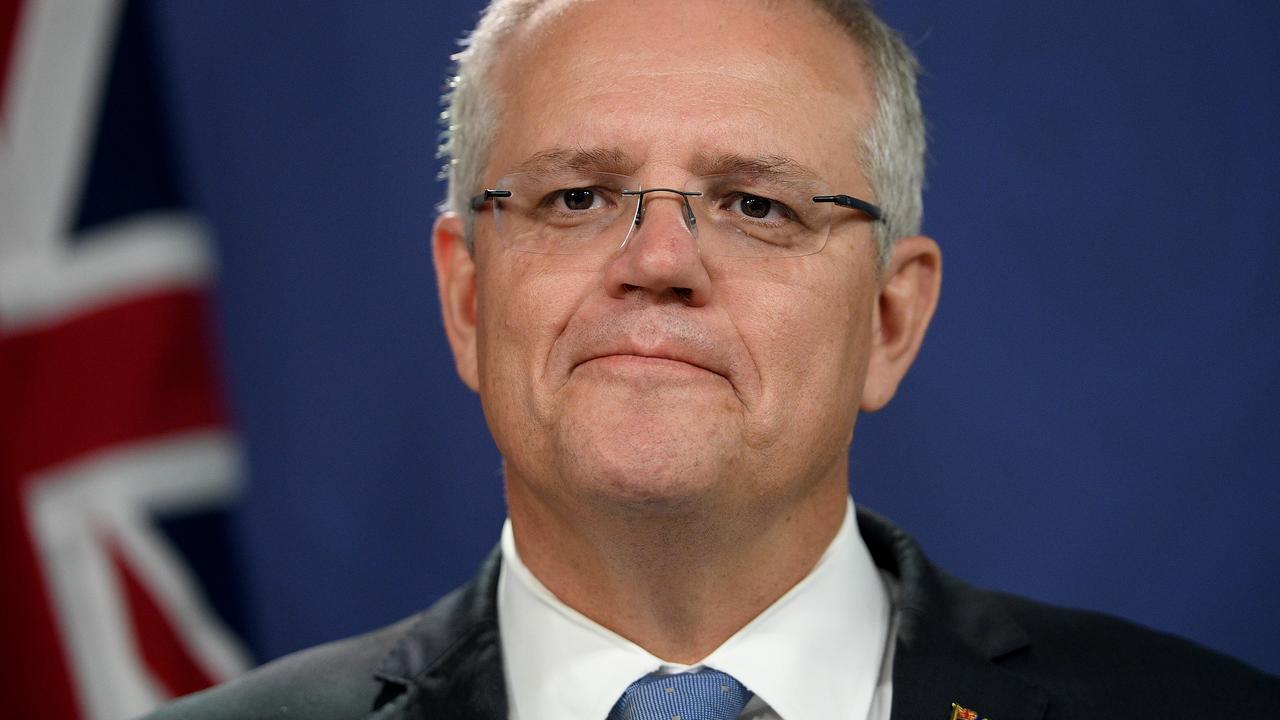The election campaign has begun and the battlelines over tax have been drawn.
Whether the campaign runs for six months to the end of this year or for nine months to the first half of next year, Labor says it is prepared to fight from now.
The policies have been set and the political messages about class warfare, fairness, fiscal responsibility, budget repair, services and who deserves a tax cut most are being refined as we watch. But both sides still risk being blindsided by a confused and unpredictable Senate and difficult-to-read by-election results.
Labor’s plan is aimed immediately at the more than 10 million workers earning less than $95,000 a year who will be “better off sooner” than under the Coalition plan, while the government is appealing to those earning more than $95,000 who have “aspirations and dreams” to earn more and pay less tax.
Bill Shorten and Chris Bowen yesterday vowed to deliver “better and further tax relief” that is also “affordable”, with priority for low to middle-income earners.
Malcolm Turnbull and Scott Morrison are accusing Labor of denying low to middle-income earners immediate tax relief, holding them hostage and burying the “aspirations and dreams” of Australians.
While there are contestable claims and numbers it is the clearest choice on tax reform in decades, with Labor offering the biggest cuts to those on lower incomes and pledging to repeal tax cuts for higher income earners while killing off company tax cuts for the biggest corporations.
The opposition has taken the initiative and opened the election campaign, aiming at the five by-elections on July 28 as a test run and then building towards the general election, which must be called by April next year.
The Opposition Leader and his Treasury spokesman have taken the “brave” option by deciding to oppose two-thirds of the Coalition’s 10-year $144 billion personal income tax relief package and risk denying low to middle-income earners immediate relief.
Labor risks being blamed, particularly during the by-elections, for denying those most in need of tax relief the promised cuts due to take effect from July 1.
Labor wants to force the government to split its “holus bolus” tax bill, implement the low-income tax relief from July 1 and put off its “never, never” tax cuts for high-income earners.
Shorten has gone further and promised, if elected, to repeal tax cuts for those on higher incomes not due until 2024-25 should the government manage to get its whole three-stage personal income tax plan through the Senate this term.
It is a grand plan which takes the tax fight directly to the Prime Minister and Treasurer, who promised tax cuts and reform for everyone over the next 10 years based on an all-or-nothing approach which they must now get through the Senate in the face of ALP and Greens opposition.
The government must now negotiate with the crossbench to get its tax cuts through the Senate — having to glean eight votes in an unpredictable atmosphere — or keep blaming Labor for obstructing the initial tax cut tranche and go to the polls without delivering tax cuts it promised in the budget.
Bowen has characterised Labor’s budget/tax approach as being better for everyone earning under $95,000, as well as being fiscally responsible and dedicated to budget repair.
Labor is offering the “aspiration” of better health and education services for those on higher incomes who would miss out on the Coalition’s tax promises. Shorten argues there is more to aspiration “than just making more money”.
Turnbull fired off a response in parliament accusing Labor of killing aspirations and dreams, of selling out workers and of being a “privileged elite”.
The campaign has begun.




To join the conversation, please log in. Don't have an account? Register
Join the conversation, you are commenting as Logout